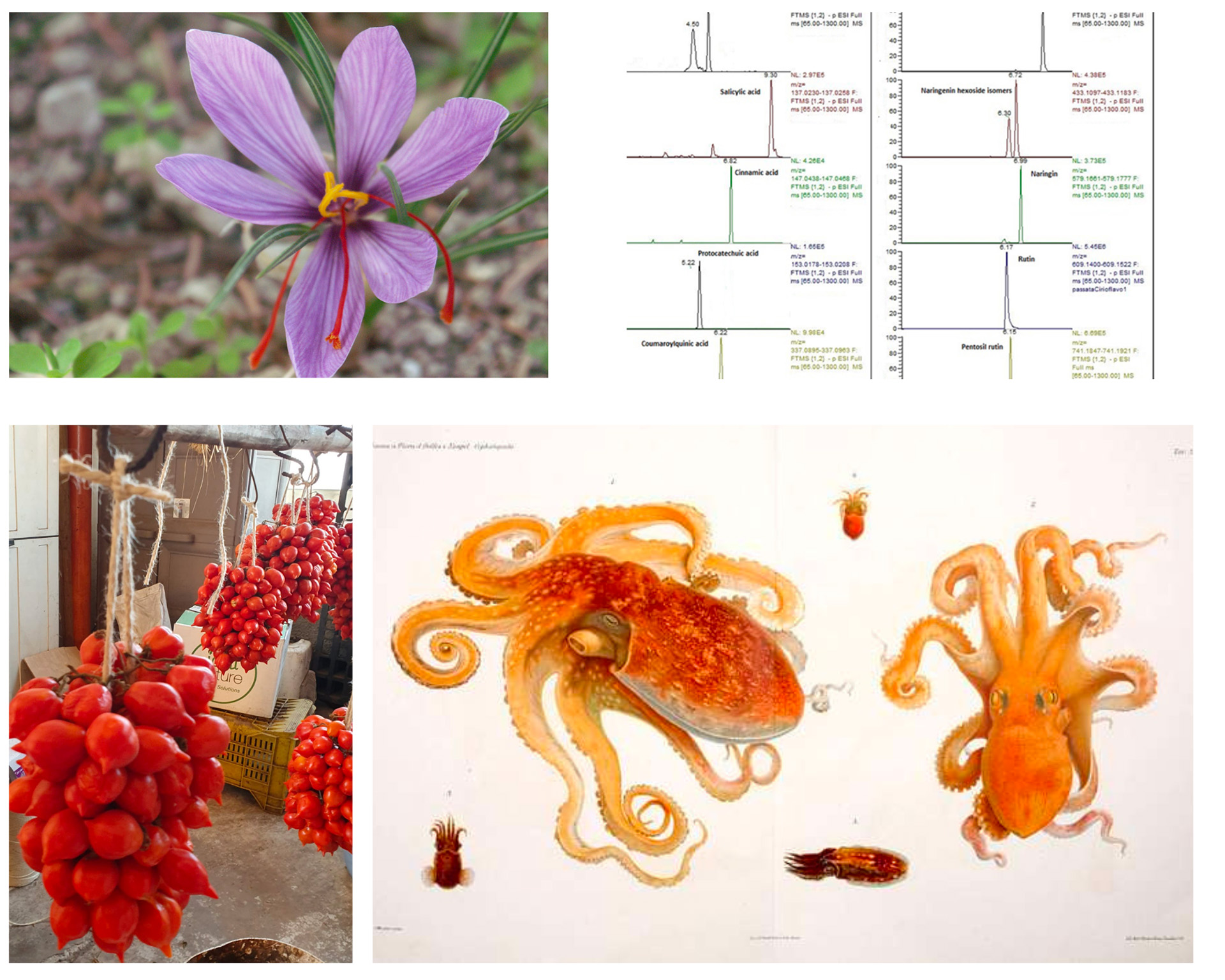Strengthening of the Italian Research Infrastructure for Metrology and Open Access Data in support to the Agrifood
Open Call METROFOOD-IT: Services Enter the Operational Phase
The services of METROFOOD-IT, for which the open calls for applications closed on April 30th, have now entered their operational phase. Over the past few months, the Consortium team has selected various applications submitted by universities, research centers, and private companies from Italy and other European countries. In total, 13 proposals were accepted: 10 for the open call "Open Data for Food Authenticity and Traceability" and three for the second open call "Open Data of Spectroscopic Signatures for Food Fraud."
For the first call, the selected participants will have access to services provided by the analytical laboratories of the UNINA1 Operational Unit, either by physically working in the laboratories or through remote access by sending their samples of interest (details on the call can be found here https://www.metrofood.it/servizi/open-call/open-data-per-lautenticita-e-la-rintracciabilita-degli-alimenti-accesso-fisico-o-remoto.html ). The second call involves the ENEA Research Center in Frascati (UO ENEA3): selected users will have virtual access to data acquired on their samples through non-destructive analysis systems that allow the acquisition of "spectroscopic signatures" to support fraud identification (details here https://www.metrofood.it/servizi/open-call/open-data-di-firme-spettroscopiche-per-le-frodi-alimentari-accesso-remoto-virtuale.html ).
The selected applications address various areas of interest within the broad theme of authenticity and traceability. For example, one proposal from a national university focuses on the authentication and quality evaluation of herbal tea products based on metabolomic analysis. The premise is that determining the geographical origin of any herbal medicine is crucial for establishing its identity and authenticity, with the phenolic compound profile being an important quality parameter. Another selected application involves the fish industry, aiming to develop systems for the quality, identification, and traceability of cephalopods, with the goal of creating models to distinguish species and their geographical origins. A company will use METROFOOD-IT laboratories to characterize cherry tomatoes, identifying characteristic molecules of each variety to verify their authenticity. Another enterprise will focus on the multielement analysis of wheat and soil, leveraging its potential as a fingerprint for geographical origin discrimination. Among the selected proposals, another multielemental analysis case involves saffron, provided as a service to a Greek university to establish more robust quality control parameters and verify production origins.
For the second call - Open Data of "Spectroscopic Signatures" for Food Fraud - we can mention a couple of selected applications: an Italian company intends to perform non-destructive analyses of spices and aromatic herbs frequently subject to food fraud. Another application involves a multi-method approach to identify the sophistication of tuna with nitrates and nitrites, aiming to develop models to identify fraud or adulteration in the fish sector by adding unauthorized food additives.
Ultimately, METROFOOD-IT facilities, through the use of new equipment acquired in recent months thanks to PNRR funds, will allow the characterization of numerous food products, supporting universities, research centers, and companies completely free of charge. Some samples have already arrived at our laboratories, and in any case, all experimental tests will be conducted between September and December 2024, with the final reports to users expected by February 2025.






